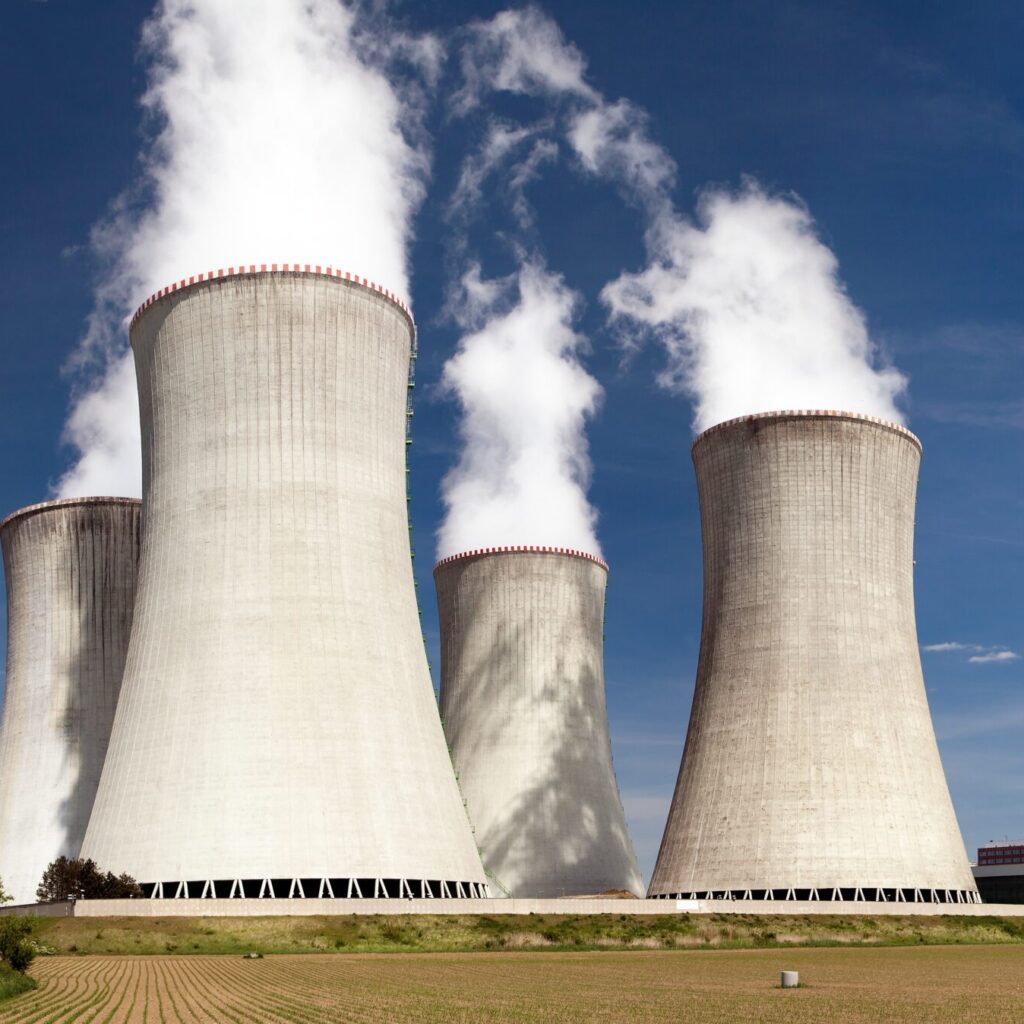In the world of financial investments, investors are often faced with the question of whether it is better to invest in individual shares or funds. Andres Gujan explains the role that factors such as diversification, risk/return ratio and personal preferences play in this decision.
Diversification and Risk: Individual shares are targeted investments in individual companies, which enables potentially higher returns. However, this is also associated with a higher risk, as the success of an individual share depends heavily on company-specific and market-related factors. Funds, on the other hand, spread the risk across a large number of shares or asset classes, which reduces the risk of loss. At Carnot Capital, we always keep an eye on these risk factors and periodically compare the portfolio with the ESG and impact values.
Risk-Return Profile: Individual shares can fluctuate strongly in the short term, but offer the opportunity for considerable gains in the long term. Funds offer a more stable performance over longer periods and are particularly suitable for investors who want to avoid large fluctuations in value.
Time and Costs: The selection and management of individual shares often required more time, knowledge and research. Professional fund managers, like us at Carnot Capital, deal with the portfolio on a daily basis, which reduces the effort for the investor.
Personal Preferences: The decision between individual shares and funds also depends on personal goals, risk tolerance and ethical considerations. Investors should design their investment strategy according to their individual situation and financial goals and draw on the expertise of specialised fund managers, especially for thematic investments.
“Overall, a balanced mix of individual shares and, for example, impact funds can be a sensible strategy to benefit from the advantages of both forms of investment, i.e. to achieve a good risk/return profile and make a sustainable contribution in the area of energy and resource efficiency. Andres Gujan, Founder Carnot Capital & Portfolio Manager


